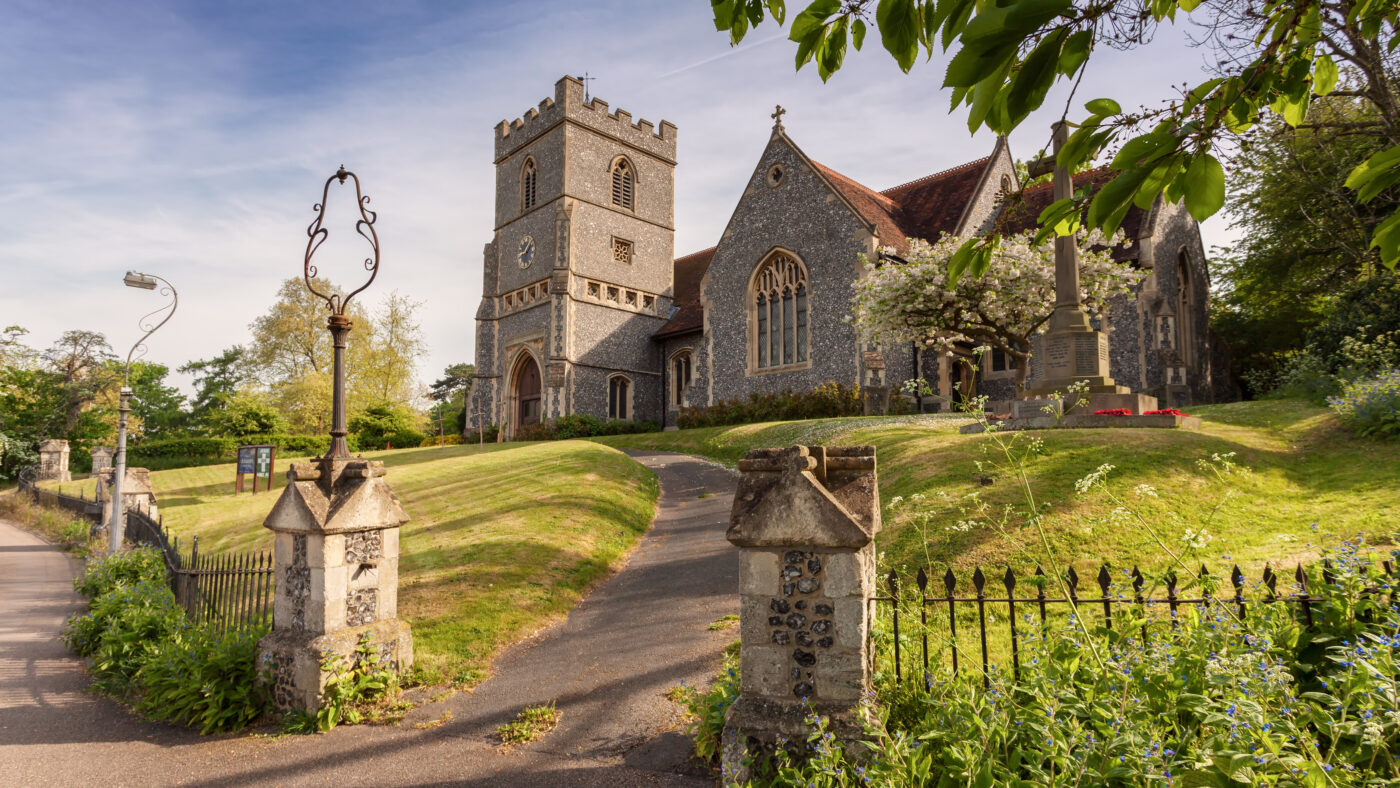Celebrating the resurrection is a wonderful time for Christians, but the Church of England is at a low ebb. Rather than a leadership confidently preaching the Gospel, it comes across as muddled and apologetic.
We might take comfort from Professor Richard Dawkins, that most prominent atheist, describing himself as a ‘cultural Christian’. He adds: ‘If I had to choose between Christianity and Islam, I’d choose Christianity every single time’. Imagine Justin Welby declaring Christianity superior to Islam and articulating the reasons for coming to that conclusion. Is Dawkins discovering his faith or is the Archbishop of Canterbury losing his?
Take the Church of England approach to the slave trade. It should take pride in its role in ending it, yet instead we get artificial, craven displays of guilt. As Lord Hannan has noted: ‘William Wilberforce, who pushed through the legislation to extirpate the foul business, was moved by his Anglican faith. So was John Newton, the former slave trader who repented, composed Amazing Grace and ended his days as a Church of England curate’.
Consider those churches that are still flourishing and able to pass on some of the offertory contributions on the collection plate up to the local diocese. Instead of going to save souls and helping the poor, it funds rather well-paid agitprop jobs with baffling woke titles. The Diocese of Birmingham has advertised a £36,000-a-year post for an ‘anti-racism’ officer to ‘deconstruct whiteness’ within its 11-person racial justice unit. The Diocese of York was looking for a part-time ‘racial justice enabler’, who would implement a programme of diversity training to address ‘white fragility’.
Even Welby expressed some mild concern: ‘Look, this ad’s a bit like W1A, can we please do these things in English?’ he pleaded.
It would have been better if he demanded such divisive nonsense be dropped altogether. To quote from Galatians:
‘There is neither Jew nor Greek, there is neither bond nor free, there is neither male nor female: for ye are all one in Christ Jesus. And if ye be Christ’s, then are ye Abraham’s seed, and heirs according to the promise’.
In some ways, my exasperation as a practising Anglican compares to my dismay as a member of the Conservative Party. Those whom we look to for leadership have become hesitant and unclear about what they believe – preoccupied with chasing fashion and placating their opponents.
But in both cases, I take comfort from other countries. Conservative ideas such as free enterprise are gaining traction across the world. So far as Christianity is concerned the numbers are growing even where persecution takes place. Of the 8bn of us in the world 2.3bn are estimated to be Christian – with the number growing significantly each year.
Justin Brierley writes in The Spectator: ‘In Finland, church attendance among 18- to 29-year-old men more than doubled between 2011 and 2019′. Good for them.
For all this, the Church of England remains a highly important national institution. There are 4,630 Church of England schools. That includes a quarter of all primary schools. It may have difficulty filling the pews but there is enthusiasm for getting into the classrooms – a million children currently attend and more would like to do so. Often these schools are oversubscribed. Often they are in fine Victorian buildings and have a proud history.
Church schools have higher academic performance on average. But that is not the only reason for their popularity. Parents, even if their faith is wavering, might want their children to have a Christian upbringing. They might want the loving environment that church schools so often succeed in providing.
Of course, some might prefer a secular option, the ‘bog standard comprehensive’ in Alastair Campbell’s words. But the issue is to have wider parental choice and a greater variation to choose from.
The ethos of faith schools would be strengthened by lifting the cap on faith based admissions. With free schools of a religious character if they are oversubscribed that means a limit to the number of pupils that can be admitted on the basis of religion to 50%.
It is a particularly serious issue to Roman Catholics. Sir Edward Leigh, the Conservative MP for Gainsborough says:
‘As Catholic schools are nearly always oversubscribed, it would mean schools turning away pupils because of their faith. It is a policy that goes against Church law. Catholic Bishops have refused to sanction the creation of new Catholic free schools while the cap is in place.’
That rule should be changed. But it should be just the start. The churches and the Government should work together to lift bureaucratic barriers to new faith schools opening. Planning rules should be eased on church halls and church land being adapted for new school premises. Funding should be made more flexible. The Church should be able to open new free schools wherever it likes and own the buildings – being funded by the taxpayer per pupil that attends.
A voucher system could help sustain independent new charitable Christian schools that charge low fees.
The greatest opportunity for the Church of England to flourish is to open more schools. It should be encouraged to do so. Those of us who are its critics should acknowledge the huge contribution it already makes in this respect. The Church is still a powerful force for good in our country.
In the words of Tennyson:
Though much is taken, much abides; and though
We are not now that strength which in old days
Moved earth and heaven, that which we are, we are, One equal temper of heroic hearts,
Made weak by time and fate, but strong in will To strive, to seek, to find, and not to yield.
Click here to subscribe to our daily briefing – the best pieces from CapX and across the web.
CapX depends on the generosity of its readers. If you value what we do, please consider making a donation.


